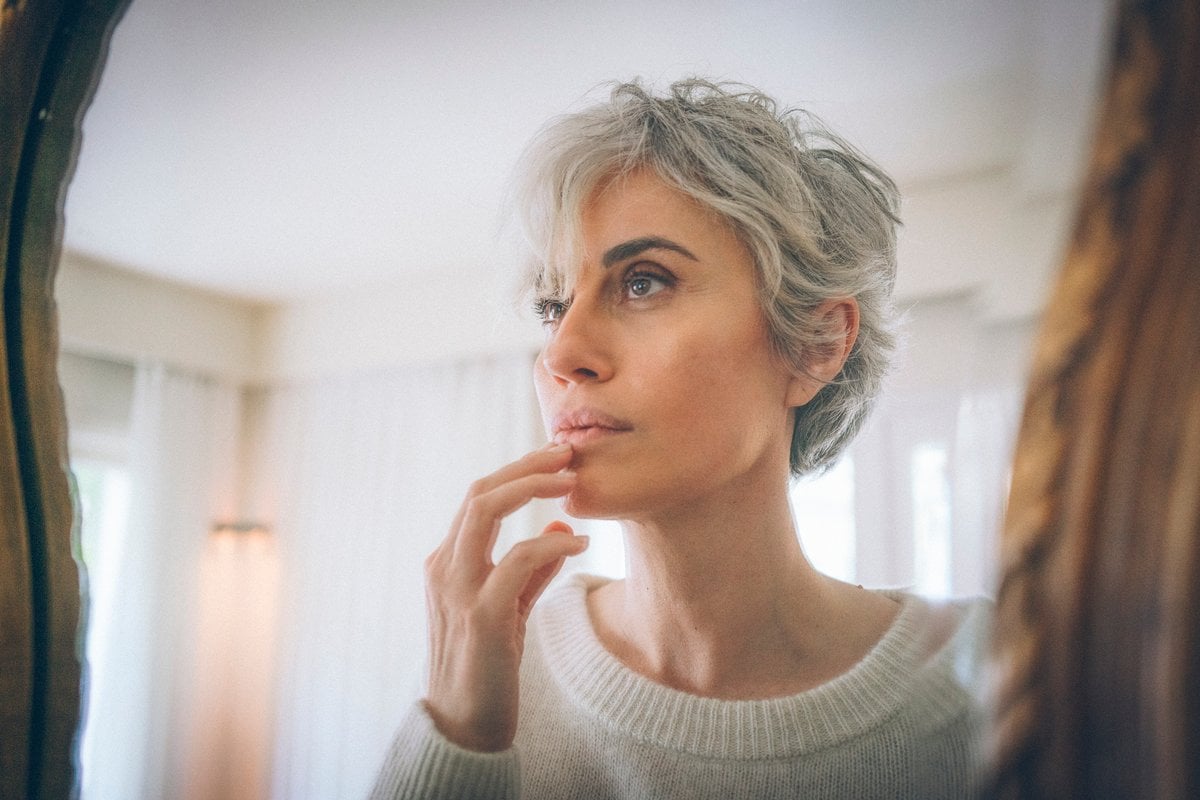
Marriages don’t end the day you hear it’s over.
In my marriage, the end had been arguing for its existence for years, even decades. If you are like me, you refuse to listen.
There is a myriad of reasons to stay — children, guilt, finances, fear, pride, or stubborn inertia a.k.a. conflict avoidance.
Or maybe it’s choosing to end the perpetual conflict by letting the things that bug you go, kind of like Frozen but less fun. But those things that irk you don’t go away do they? Instead, we manage our reactions to them.
Watch: Robin Bailey and Bec Sparrow share why their first marriages were big mistakes. Post continues below.
Eventually, there comes a personal reckoning. A moment when you realize this is your holding pattern and it has consequences.
The one thing you can’t justify or argue with is time.
Do you have enough time to be happy?
It’s an odd question. Since when does a mother, wife and businessperson prioritize her happiness? I know we should, but the reality is we rarely do.

Top Comments